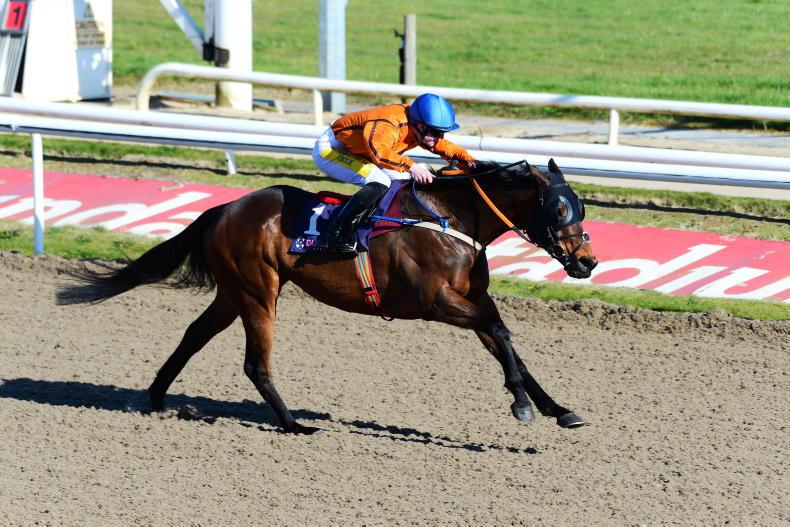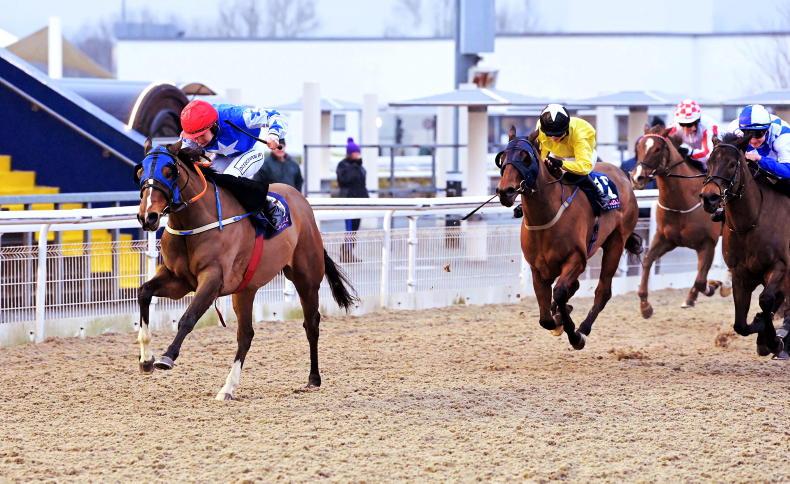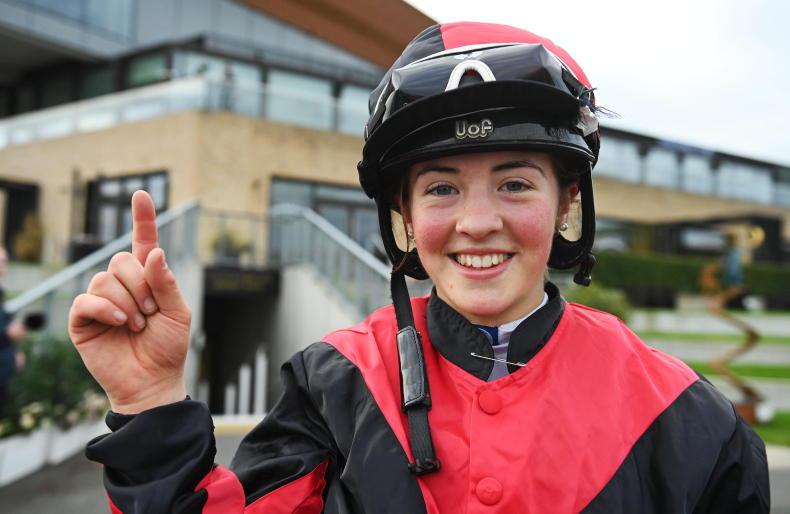MORE than three years after the race was run, and just a week before the long-delayed Referrals Committee hearing was due to take place, the Irish Horseracing Regulatory Board has effectively dropped its investigation into the controversial race at Dundalk won by Tony The Gent in March 2020.
The IHRB had been looking into the running and riding of the runner-up Yuften, a stable companion of the winner but a notable market-drifter on the day. Slowly away from the stalls, Yuften was found to be lame post-race but, aided by betting information provided by the British Horseracing Authority, the IHRB pressed on with its investigation.
Covid delayed matters and a number of preliminary hearings were required before the full Referrals Committee hearing could be scheduled for this month.
However, on Thursday afternoon the IHRB released a statement to say it would not be offering any evidence at the hearing following receipt of "relevant records and reports" from the parties involved.
The statement read: "The IHRB has today informed the Referrals Committee that it will not offer any evidence at the hearing of the referral in respect of the running and riding of Yuften, ridden by James J Doyle and trained by Denis Gerard Hogan, in the Crowne Plaza Dundalk Claiming Race in Dundalk on 20 March 2020.
"On the day of the race, the Raceday Stewards enquired into the running and riding of Yuften and heard evidence from the rider and trainer concerned. However, they felt that they could not conclude the enquiry and therefore referred the matter to the CEO of the Irish Horseracing Regulatory Board under Rule 14(ii)(b).
"Further to a lengthy investigation, which was interrupted for up to two years as a result of the Covid-19 pandemic, a number of directions hearings took place and a full hearing of the case by the Referrals Committee was scheduled for November of this year. However, following the recent belated production of relevant records and reports by the respondents, which had been sought by the IHRB since the initial stages of the investigation, the IHRB has decided that it does not intend to offer evidence at the hearing before the Referrals Committee – in effect a nolle prosequi.
"It was appropriate on the day of the race that the matter would be referred for investigation and in the course of the investigation certain information was sought from the respondent. This evidence was not produced during interviews or at any other stage throughout the three years this investigation remained open, until October of this year when expert veterinary reports which provided context for the performance of the horse in the race in question were finally submitted. The IHRB regards as deeply frustrating the failure of the respondent to produce this evidence before now – in excess of three years after the events to which the evidence relates.
"The Referrals Committee has been asked to give a decision in this matter which may then be published as, although it is ultimately a matter for the Referrals Committee, the IHRB is of the view that to enhance transparency and for the purpose of ensuring public confidence in the disciplinary process it would be appropriate in the circumstances to provide some explanation as to why the referral has been dealt with in this way.
"The IHRB remains committed to safeguarding the integrity and reputation of Irish horseracing and ensuring confidence in the sport is protected by robust and transparent regulatory practices and consistent, proportionate and impartial enforcement of the Rules of Racing."
MORE ON THIS STORY IN THE IRISH FIELD ON SATURDAY


 This is a subscriber-only article
This is a subscriber-only article
 It looks like you're browsing in private mode
It looks like you're browsing in private mode










SHARING OPTIONS: